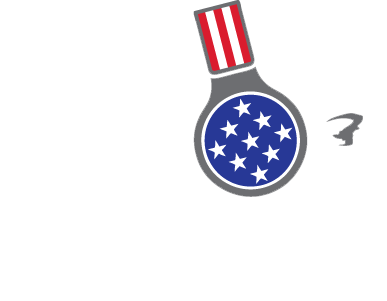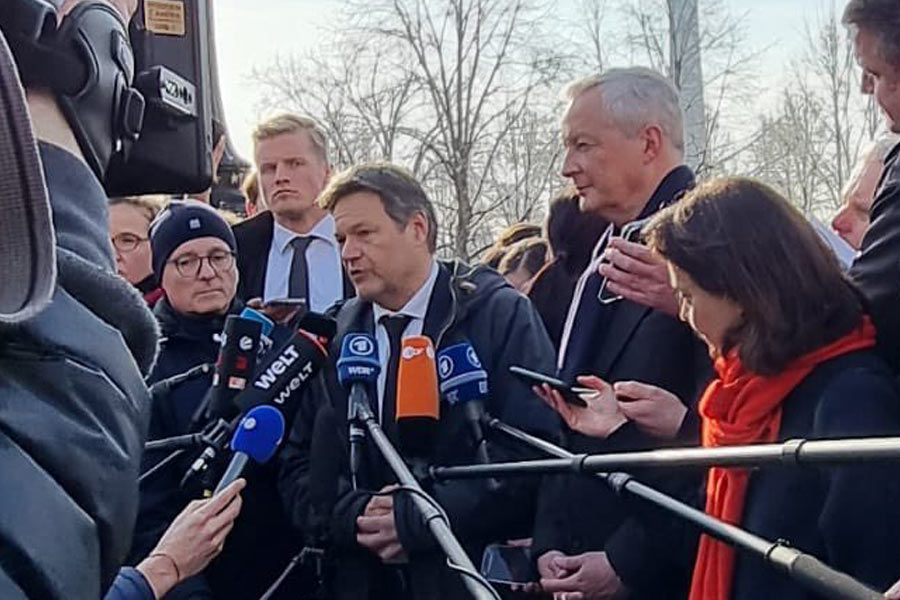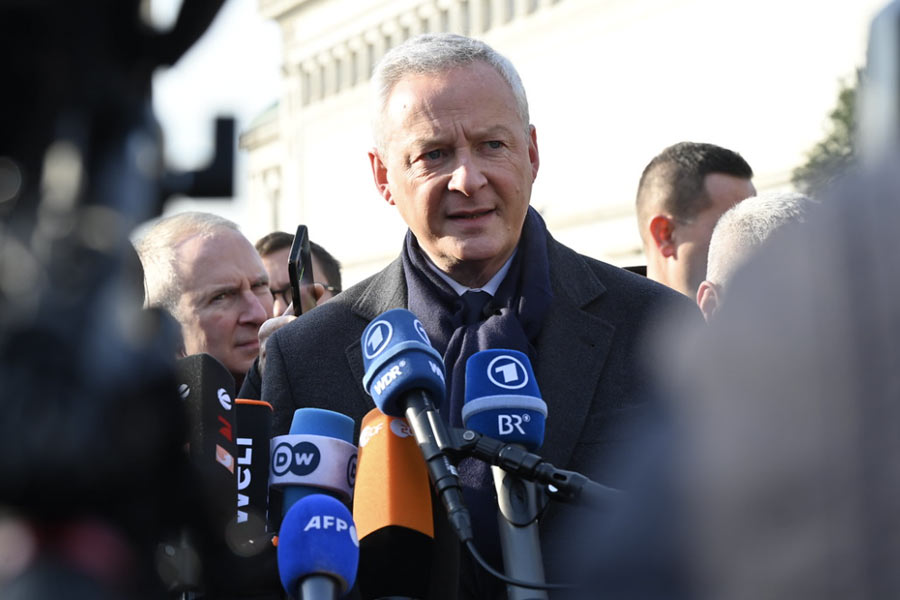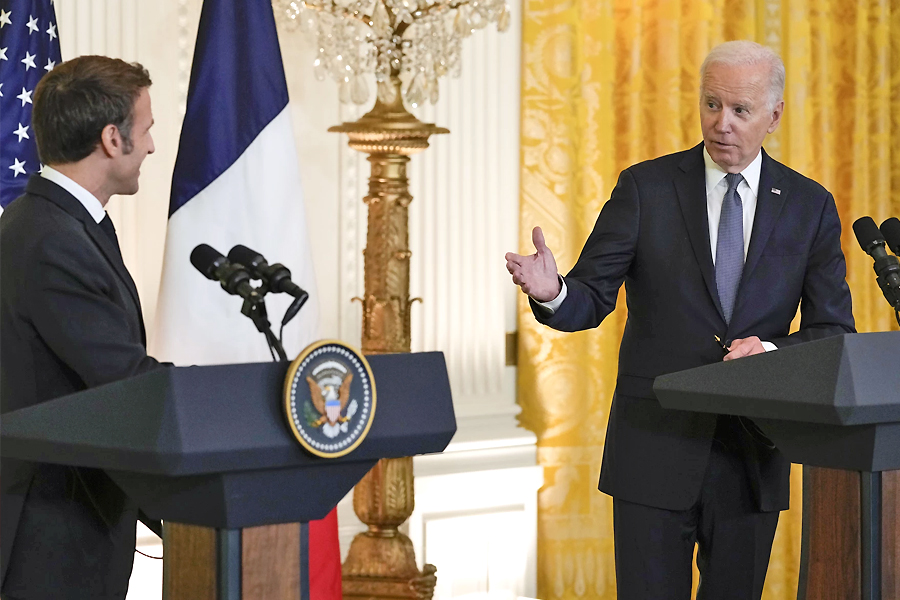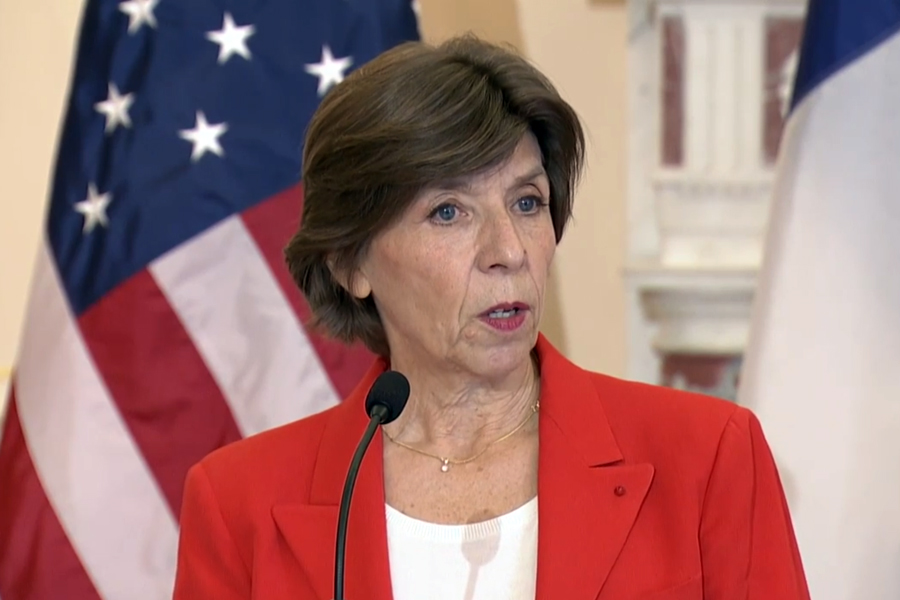Joint press conference by French Minister of the Economy and Finance Bruno Le Maire and German Vice-Chancellor Robert Habeck
Joint press conference by French Minister of the Economy and Finance Bruno Le Maire and German Vice-Chancellor Robert Habeck
Joint press conference by French Minister of the Economy and Finance Bruno Le Maire and German Vice-Chancellor Robert Habeck
SUMMARY
French Minister of the Economy, Finance and Industrial and Digital Sovereignty Bruno Le Maire and German Vice Chancellor and Federal Minister for Economic Affairs and Climate Action Robert Habeck gave a joint press conference from the Gallup Building in Washington, D.C. on February 7, 2023.
The two European leaders were in the US Capital to continue consistent transatlantic discussions on financing the ecological transition and address the consequences in Europe of the Inflation Reduction Act (IRA).
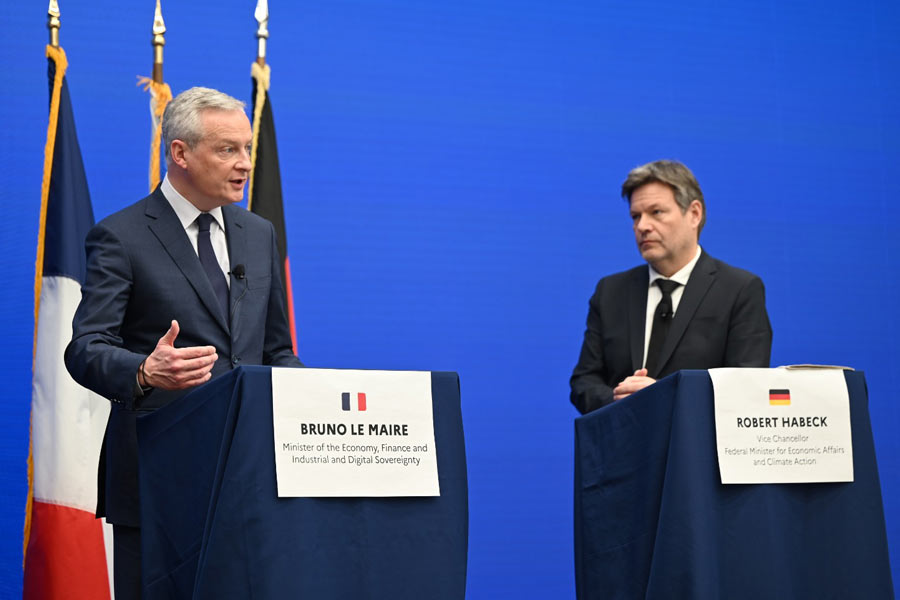
Metadata
Release date: February 7, 2023
Tag(s): Business, Environment, Europe, Science

Metadata
Release date: February 7, 2023
Tag(s): Business, Environment, Europe, Science
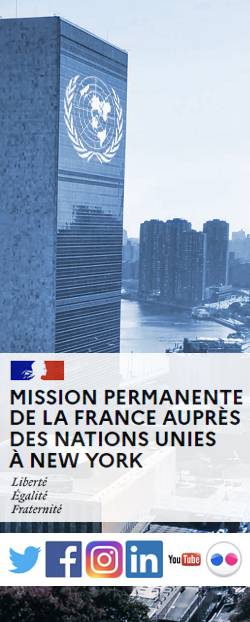
TRANSCRIPT
Transcript of the English part of the press conference by French Minister of Economy and Finance Bruno Le Maire, and German Vice-Chancellor Robert Habeck — Washington D.C., February 7, 2023
Vice-Chancellor of Germany Robert Habeck
Let’s understand this visit as help for the attempts that the European Commission is undertaking in finding agreements, especially for the IRA and the questions arising out of the IRA. It’s important to stress out that this visit was prepared with talks with the Commission of the EU, and we will now respond to the EU when we leave the US and go back home.
We met several partners on the American side in the talks we had over the day with Brian Deese, the National Economic Adviser, John Podesta, Gina Raimondo, the Secretary of Commerce, and Janet Yellen, the Secretary of the Treasury.
All the talks were in the spirit and the common understanding that we, the US side and the European side, the French and the German side, will take all efforts to strengthen the common efforts to find measures against the climate crisis and to fight global warming. And we also will build a more resilient and robust and more secure industry in both our continents.
Therefore, we welcome the IRA response to EU Green deal and the EU once again will respond with a green industrial plan. So, we see partnership on both sides of the Atlantic, and therefore, it is important that this partnership is not becoming a race to subsidies. Therefore, we went very much into detail of the IRA, and we explained also the European plans for building up a Green Clean industry in our continent. We used this visit to gain a better understanding of the views of the US side and I hope we made also clear what the concerns from the European sides are based on, by giving concrete examples of what is happening in Germany and France. And this is maybe also a help for the discussions the European Commission is having with the US government.
We agreed, both sides, we agreed to full transparency, and we will invent a technical group to make this transparency work under the umbrella of the Task Force already invented from the US and the European side. We discussed the TTC and we agreed that we will use this TTC to find new forms of cooperation. The TTC is for the harmonization of standards and the mutual recognition of technical goods. If we can scale up this work, then that might be of help to create a common market for green industrial goods.
The critical minerals are very, very important because we have both sides with high dependency on critical minerals from only few suppliers. This could be easily a threat to the independency and the resilience of our industries. Therefore, we will work on a critical minerals club. The idea is that we find concrete measures, how we reach more diversity in the supply chain and more independence from only one supplier. If that would be reached, then we might have a stepstone for further agreements, for further alignment for the goods that are produced out of the critical minerals.
That could solve many problems that are coming out of the threat that the US market and the European market could move away under the race to subsidies. So, that should not happen and therefore, we will work to not let it happen.
Let me close with a remark that the Transatlantic partnership in the last year really proved itself. It was strong and it was resilient. It was of critical essence in many, many aspects: we supply Ukraine with weapons, we took care of sanctions that were put through, and now we will use this gained strength once again to build up a green and clean industry in both our continents. (German)
French Minister of the Economy and Finance Bruno Le Maire
(German)
I will switch to English, just to insist on the fact that this is the first time that two German and French ministers of economy go together to Washington. And to me, it is really a very strong of the French German relationship, and a very strong signal of total determination to build together with our European partners, a strong European green industry for the 21th century.
You know that we issued a common proposal with Robert Habeck last December. This is a new step in this determination to build this new green industry at the European level for the 21th century.
So, we had this morning, very concrete and constructive talks with one single question: how to better cooperate in building a green and sustainable industry in the EU and in the US. We share the same strategic objectives in the two continents, being more independent by creating new supply chains on hydrogen, chips, solar panels, batteries, EVs, and so on.
Our strategic goal is quite simple: the fight against climate change. Climate is a common challenge. And if we want to meet that challenge, we need to be more resilient, more independent, as far as our industry is concerned.
To reach that objective, we need a fair competition between the US and the EU, and I really think that with Robert, we made substantive progress this morning in defining with our American friends the rules of this fair competition. I would like to mention three of these concrete outcomes.
First, we agreed on the necessity of full transparency on the level of subsidies and tax credits. You cannot have any fair competition if there is no full transparency on the level of public subsidies and public tax credits, that are granted to private companies.
Second, we agreed to ensure constant communication at the ministerial level, especially on the strategic investments.
And third, we agreed that the implementation of the Inflation Reduction Act should include as many EU components as possible, for instance, EVs, electric batteries, and critical minerals. and we strongly support the efforts or the EU Task Force in that direction.
But let’s be clear. There is also one conclusion that we have to draw from our meetings, which is the absolute necessity for Europe to accelerate in the definition and in the implementation of a European Green Deal (inaudible). We have an excellent basis with the proposal of Ursula von der Leyen. It has always been at the core of the proposals of President Macron, to ensure full independence and sovereignty of Europe, as far as green tech is concerned. Now, it’s time to decide and it’s time to accelerate. This is also one of the consequences we have to draw from our visit to Washington
(part in French)
Questions & Answers
Did you have the impression that your concerns were taken seriously by your US colleagues and apart from more transparency and working groups, did they suggest that any more concessions would be possible in implementing the IRA?
French Minister of the Economy and Finance Bruno Le Maire – My first response would be yes. I really had the impression that they were aware of our concerns and that the group that we will put in place to provide full transparency will be very efficient.
On the second point, I just want to insist on the fact that it is up to the European Commission to get some very concrete results, as far as the scope of the Inflation Reduction Act is concerned, and the kind of European components that could be included in the framework of the Inflation Reduction Act, so that you can benefit from the tax credits and the subsidies. But we had the impression with Robert Habeck that they did understand our concern and the necessity to have a broad approach.
Once again, that the transatlantic relationship is stable and transparency should be self-evident, I think, for such a contract which harms either way. But the real question following up to what my colleague just said was, for me: did the US Secretary of Treasury, who is operationally in charge of this law, did she really give indications where she is willing to correct conditions for the tax credits? And the second question to you, Mr. Le Maire, do you expect the greater willingness from the German government concerning a new financially form at the EU level to counter this green New Deal here in the US?
Vice-Chancellor of Germany Robert Habeck – This is an ongoing process of course. We discussed our visit before we came to the US with the European Commission, and we will report to them and giving an overview of our talks to the Commission, and they are leading the talks, yes.
My understanding and my interpretation of the talks is that there’s a huge willingness to find without opening the IRA, with forms of cooperation. Cooperation means not to separate markets, but to bring them together. And this is of mutual benefit, because the main reasons for IRA and for the European Green Deal (inaudible) as mentioned before, are finding measures against climate change and bring the technologies fast in the markets, this is easier to be done in the greater market, and second, to get a form of resilient economy. And the willingness and the creativity definitely will lead to results.
French Minister of the Economy and Finance Bruno Le Maire – It is not our intention, and it has never been our intention, to change the American law. Let’s be clear. We just want to ensure the presentation of the American law, full transparency, because this is the basis for fair competition.
The second point on which I want to insist is that there is something radically new on the table, which is a proposal of the Commission. The proposal of Ursula von der Leyen, in which you have all the necessary tools to match the Inflation Reduction Act. You have the subsidies, you have the possibilities of granting tax credits, you have the possibility of implementing the matching clauses on some very specific sectors, and you have the determination to simplify tools, especially the IPCEI.
So, we have thanks to the Commission, and thanks to the proposals that have been put by many member states, especially by France and by the French president, we have all the necessary tools to match the Inflation Reduction Act. But the key point will be transparency. On the financial form, I also want to make very clear that when you are looking at the available funds that are already on the table, for instance, the Green Fund or the Recovery Fund, we already have not far from 400 billion euros available for the industry. So now, it’s up to the EU to move on. But once again, to move on with a cooperation with the US means more transparency, more opening from the US.
What has changed precisely after your visit? Maybe you can talk a little bit about which assurances you got from the US, following your requests.
French Minister of the Economy and Finance Bruno Le Maire – It’s a process. It’s a process, and in a process, you go step by step. The first step has been to me the visit of President Macron to Washington in December, when he explained very bluntly: “Well, we have a problem and we need to fix the issue because we are partners and we are allies”. And I think that this visit led to an awareness of the difficulty. Awareness is always the starting point of a good cooperation.
The second step has been the implementation of the EU Task Force led by the Commission with regular talks between the Commission and the American officials.
The third step is this very symbolical visit of two Ministers of Economy of the two largest European economies in Washington. We get some insurances that all concerns will be addressed. Then, it’s up, and it will be the next step, to the Commission to adopt the necessary tools that will allow the EU to build its own green industry.
And then, the very last step will be the conclusion of the EU Task Force. We will of course make feedback of our visit to Washington to Valdis Dombrovskis and to Margrethe Vestager to the EU Task Force. We are working very close together, but this is step-by-step approach to build a strong cooperation on this key question of independence and good industry.
Could you give more details on what it means for the matching clause you mentioned?
French Minister of the Economy and Finance Bruno Le Maire – Just have a look at the proposal of the Commission. The matching clause allows every member state on some very specific issue to reach the same level of public subsidies than the ones that have been adopted by the US. It means you need to know the level of public subsidies adopted by the US. Otherwise, the matching clause cannot work. This is where transparency is so much needed.
Can you elaborate a bit about what you mentioned on critical raw materials? What are you expecting from the US, given that Europe is not a big producer of critical raw materials? And if I understand well, Mr. Habeck, you are in favor of a kind of alliance on critical raw materials?
Vice-Chancellor of Germany Robert Habeck – It’s true, Europe alone is not a great producer of critical minerals, but nobody really is, except China. And we are spending a lot of money under the umbrella, it’s called IPCEI (…). That gives us the impression that we now get a form of independence in the field of batteries, semi-conductors and so on. But the raw materials for the batteries for example, are coming in a very, very high percentage from one country, China, 99% in some cases. So, the independence is actually not there. So therefore, even before our visit, it is for me of highest importance that we will find other suppliers, that we have diversification in the market, that we are not reliable on only one supply chain. This includes also recycling. As you know, you can use the materials again and again if you have the technical feasibility to use them again.
And the same goes for the earth American market. The dependency is of the same height. Therefore, it makes sense that as Europe and US are now trying to find new suppliers, that we align forces, and that we maybe have, we can have a competition between who is more effective, but we should have the same goals. And same goals means they should be measured, not to declare how we want a more and broader supply chain, but how do we achieve it.
And if we agree on the same measures or comparable measures, then we create a common understanding and then the common market for critical minerals. Building new partnerships building new trade agreements, building new forms of bringing the raw materials into our products. This is the groundwork, we call it non-critical mineral club, raw material club, this is the same actually. So, if this club is going to work, then the products that are produced by these critical minerals are produced under the same conditions. And that could open a common market, common market access, and maybe solve some of the problems, not solve when we only look to the European Green New Deal and to the IRA, that is the idea.
First, there were discussions about giving to the European Union exceptions similar to the ones that were granted to Mexico and Canada. Is this still on the table? Second question: this was a bilateral mission and not the European Union mission. How did you coordinate with Brussels before the mission and are you planning to coordinate with the European Union about the results of the mission and the way forward?
French Minister of the Economy and Finance Bruno Le Maire – We coordinated closely before, we will coordinate closely after. I will call my friend Giorgetti in a few hours, so that Italy and many other countries will be, plus the Commission, fully aware of the positive results of this visit. You understand that behind this visit, there is, I would say, one key word that has been used by both Robert and myself many times: Independence, Indépendance, Unabhängigkeit. (more German). This is really the key word. We have to draw the consequences of the current crises. We have to draw the consequences of the climate crisis, and we have to draw the consequences of the war in Ukraine, by building more independence. And we want to build our independence in the green industry in a cooperative manner, with the US. That’s the sense of this visit to Washington.
Thank you very much, everyone.
Related posts
